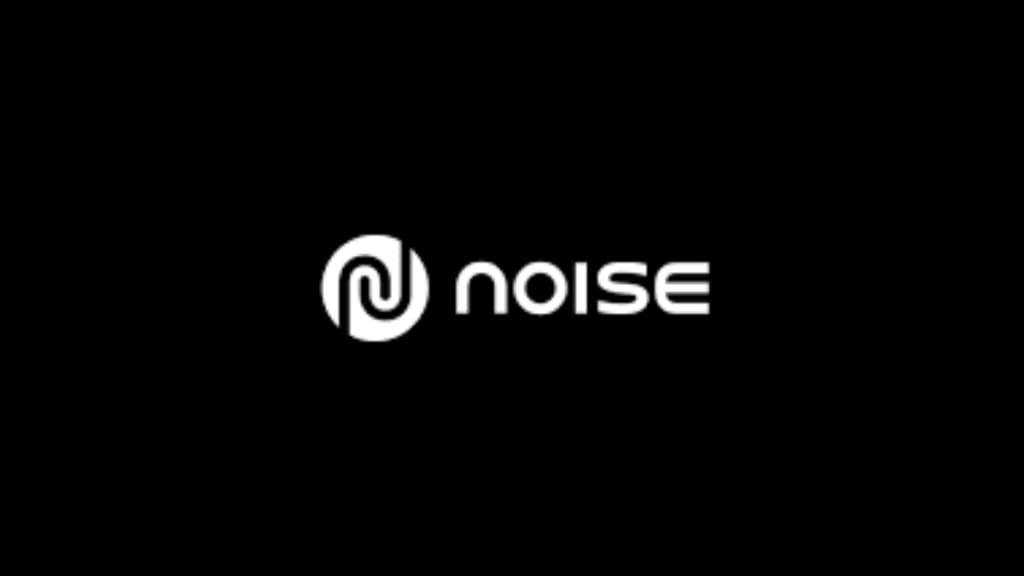Fresh off the plane from Philippines in 2010, commercial pilot’s licence in hand, 24-year-old Gaurav Khatri was ready to take off. However, India’ aviation industry was then in free fall — Air India was hemorrhaging money; Kingfisher Airlines had shuttered; and there were just no takers for pilots.
Back in Bikaner, the criticism began in earnest. “There was a lot of noise around me,” Khatri recalls. “Everybody was telling me to do this, do that. You have not been able to get a pilot job. You should have been an engineer. You should do an MBA, etc etc.”
External noise
While the external noise—family pressure, societal expectations, career advice from every direction—went on, Khatri found sanctuary in an unlikely place: the internet. Not the seamless broadband experience of today, but the patience-testing, ear-splitting dial-up connections of the time. “I love that sound still,” he says. He spent hours browsing eBay, recognising patterns of how the world was consuming. I had begun to understand that the upcoming internet explosion in India would create massive opportunities for direct-to-consumer brands.”
When family pressure mounted, his cousin Amit (now co-founder of Noise) offered a lifeline: free access to his contract manufacturing business supplying to the likes of H&M, Zara, and Gap. During a 2014 morning tea session, everything changed. Amit paused at a massive Xiaomi advertisement on a leading newspaper daily. “If we need to do something, we need to think this big,” he told Khatri.
Started small
They had to start relatively small: with 10,000 phone cases. Noise quickly scaled to selling 50,000 cases every month. By 2018, the duo had realised one truth about the Indian consumer’s behaviour in a commoditised market: “Majority are just buying for the better price point.” They shifted to smartwatches. The scepticism remained. “A lot of people came and told us, you guys are stupid, getting into electronics… which is being led by Google and Apple.”
They persisted, and it paid off. According to IDC’s February 2025 data, Noise captured 25.2% of India’s smartwatch market in CY24, the highest among all players. Fire-Boltt followed at 16.7%, while boAt held 11.8%. Titan and Boult rounded out the top five with 9.4% and 4.9% respectively. In the overall wearables market, Noise ranked third, with a 12.2% share, behind boAt (27.6%) and ahead of Boult (8.6%).
But it isn’t all smooth sailing. In FY24, revenues rose marginally to Rs 1,439.5 crore, but Noise slipped into a Rs 20.1 crore loss, a reversal from a Rs 0.9 crore profit the year before, and even steeper drop from the Rs 35.9 crore profit it made in FY23.
The culprit is a shrinkage in the broader wearables industry, down by 11.3% in CY24—its first recorded decline. Smartwatch shipments were down 34.4% year-on-year, as multiple brands that had bet on aggressive pricing found themselves with unsold inventory and squeezed margins.
But Noise seems to have found reinforcement from an unexpected source: Bose Corporation, which invested a total of $30 million in the company, spread across an initial investment in mid-2024 followed by a strategic follow-on in early 2025. It marked the American audio giant’s first-ever investment in an Indian hardware company.
Founded in 1964 by Amar Bose, an MIT professor who famously started the company after being disappointed by a high-end stereo system he had purchased, Bose has long been an outlier in consumer electronics—private, product-obsessed, and research-first. In 2011, Bose donated his majority stake to MIT to ensure the company would never face shareholder pressure, keeping its engineering culture intact.
For a bootstrapped startup from Bikaner, being picked by that legacy has meant more than just capital. The partnership led to the launch of the Masterbuds ‘Sound by Bose” in late 2024—an audio product designed with Bose’s tuning DNA but priced and positioned for Indian consumers in the mid-premium category. Noise’s share in the true wireless stereo (TWS) segment rose to 8.9% in CY24, up from 7.8% the previous year, making it the third-largest player in India, behind boAt (34.2%) and Boult (13.0%). Industry experts suggest that, in a segment crowded with lookalike products and commoditised design, Bose’s audio credentials gives Noise the differentiation it needed.
The global journey has also begun. Noise has entered the UAE through a retail tie-up with Virgin Megastores and is exploring further expansion into the other GCC countries.
Still, the sector is entering a more turbulent phase. “The noise is still there, it’s just changed its form,” Khatri says. boAt is preparing for an IPO. Noise has expressed desire to list as well. Meanwhile, Boult co-founder Varun Gupta has made public allegations of rivals engaging in “monopolistic practices” ranging from retailer coercion to fake reviews. Although he hasn’t dropped names as of yet, one thing is clear, the market is consolidating and growing more combative.
Perhaps the winners of tomorrow won’t be the ones who made the most noise. But the ones who remained alert enough to tune into the right frequencies.

